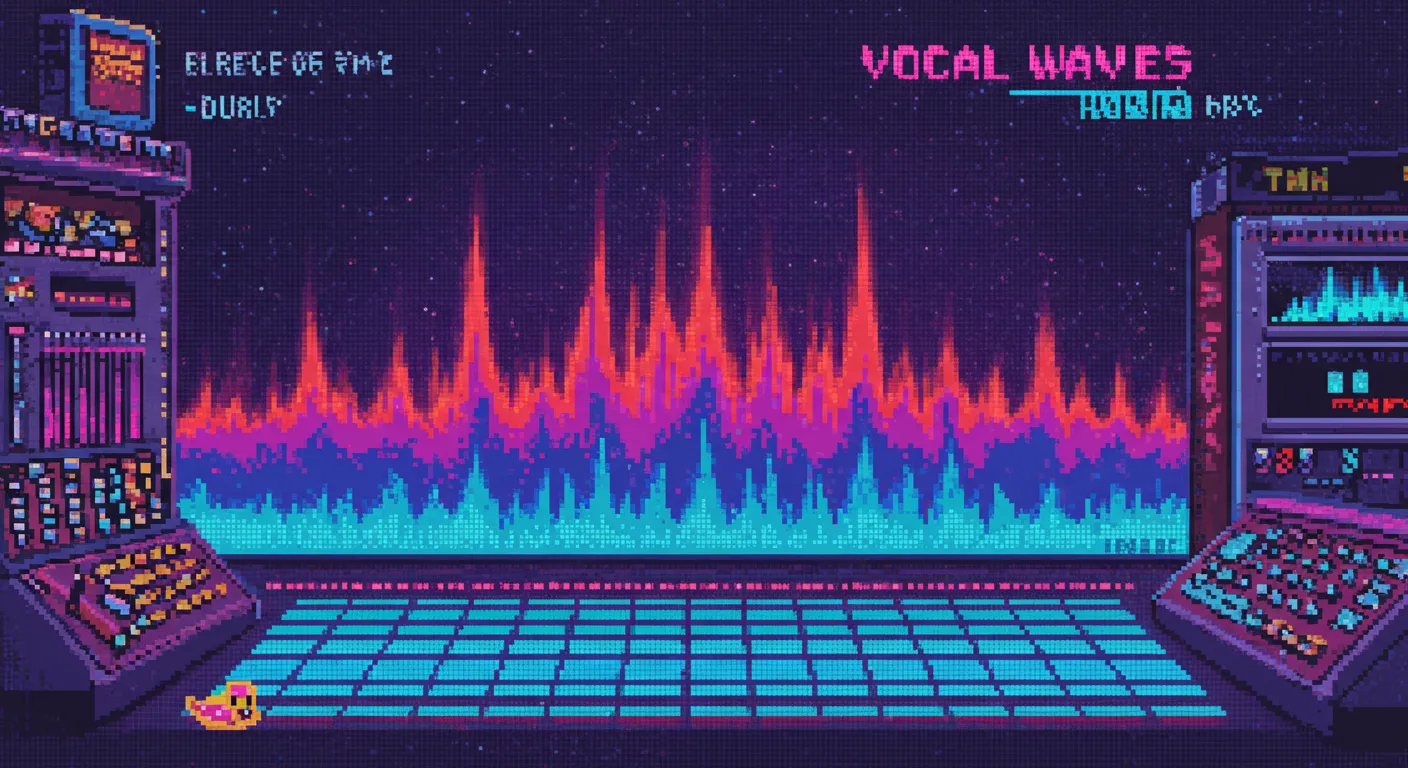In the rapidly evolving landscape of digital communication, a new voice dictation tool called Aqua Voice is challenging traditional typing methods, offering unprecedented speed and accuracy for users across various platforms. The software, developed by founders Finn and Jack, aims to make voice input a primary method of digital interaction, particularly appealing to professionals, individuals with disabilities, and those seeking increased productivity.
The product's core innovation lies in its remarkably fast processing speed, with the ability to convert speech to text in as little as 450 milliseconds—significantly faster than competing products. Online commentators have praised its performance, highlighting its potential to transform work processes across multiple sectors, from tech and management to journalism and education.
Privacy concerns have emerged as a critical discussion point among potential users. While the tool currently relies on cloud processing to achieve its impressive speed, the development team acknowledges the community's strong desire for local, offline functionality. This tension between performance and privacy represents a key challenge in the voice technology market.
Accessibility emerges as a particularly compelling narrative around Aqua Voice. Founder Finn, who is dyslexic, developed the tool with a personal understanding of the challenges faced by individuals who struggle with traditional typing methods. Experts in assistive technology have enthusiastically endorsed the product as a potential game-changer for people with neurodivergent conditions.
The broader implications of such technology extend beyond individual productivity, pointing to a potential shift in how we interact with digital devices. As voice recognition becomes more sophisticated, the boundaries between human communication and technological interfaces continue to blur, promising a future where speaking becomes as natural and efficient as typing.


